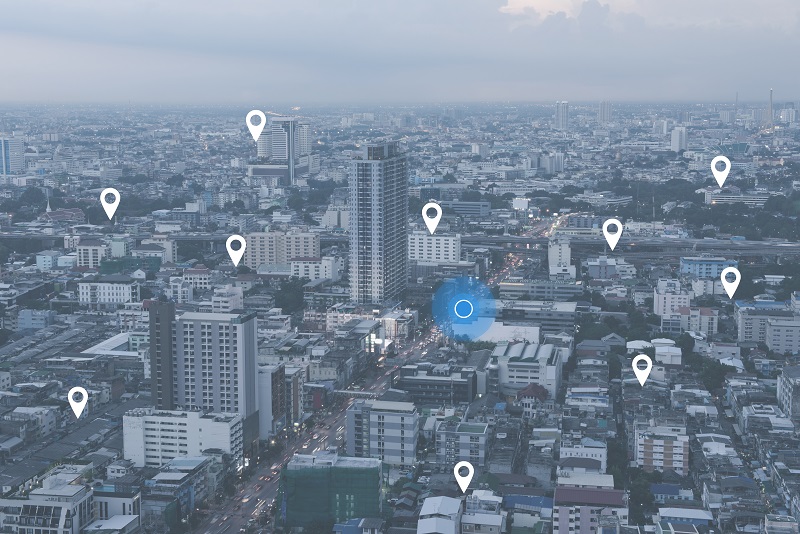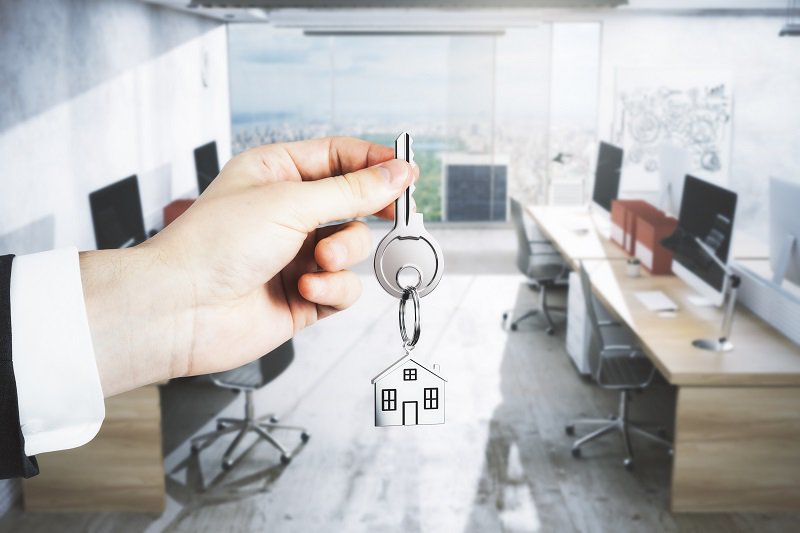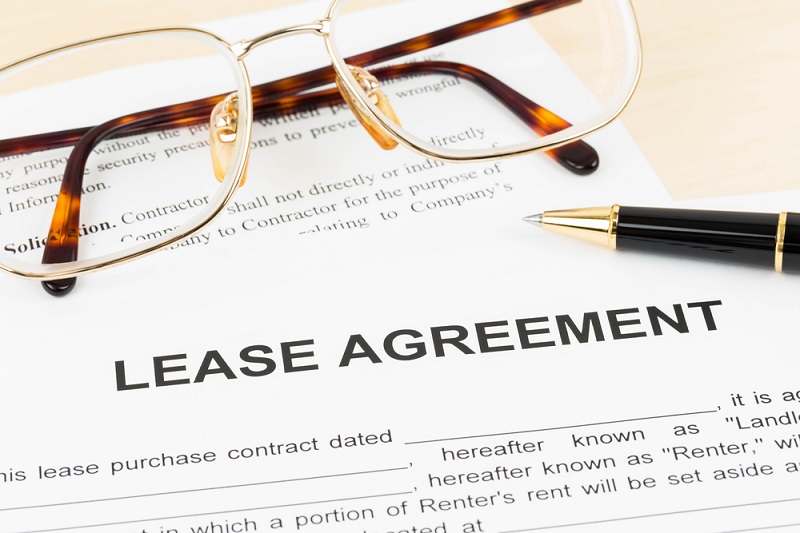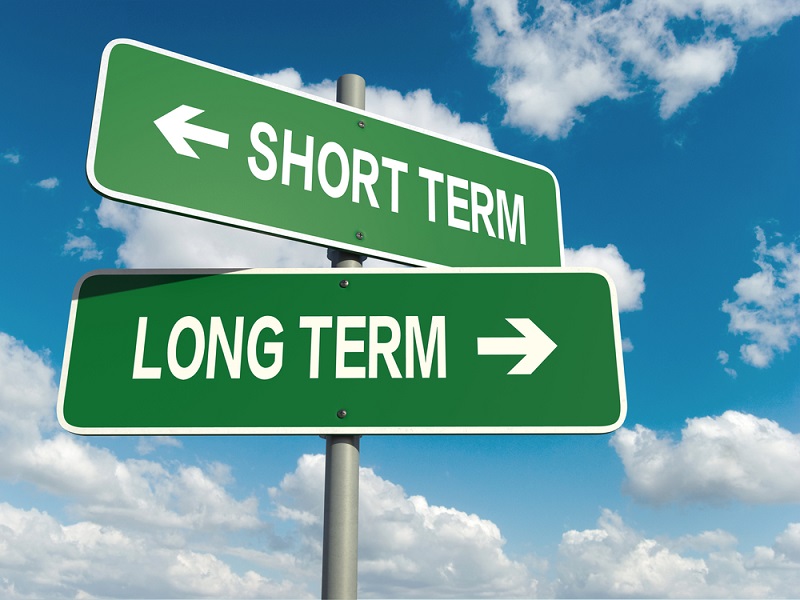If your company needs office space, the first question is likely to be whether to buy or to lease that space.
There are benefits and pitfalls to each option, and what’s best for your business is largely dependent on its specific requirements and growth plans.
Let’s look at a few of the important criteria worth considering when setting up shop, and the pros and cons of leasing and buying commercial property for each one.
Picking your location
How important is the location of your building? For example, you may want to be in an area that is convenient for your staff, lies near certain amenities, matches your brand identity, or is close to your customers and/or competition.
But prime locations cost money. For example, a tech startup may have ambitions to set up shop in Silicon Valley right next to Google, but it’ll have to make a down payment that’s typically between 10 to 40% of the property’s value.
If you decide to lease, then you don’t need to make such a sizable down payment. So, you should be able to rent in a greater range of locations.
You’ll probably have to put down a security deposit if you lease, but that will be substantially less than the down payment when purchasing a property. As a result, you’ll have more capital available to invest in your own business.
Also, your credit rating is not quite as important when leasing as it is when buying.
BUY or LEASE? Unless you have a sizable down payment, leasing allows for a greater selection of locations to choose from, compared to buying.
The pros and cons of a landlord
When you lease a property, a landlord will conduct the necessary repairs and maintenance, allowing you to focus on growing your company. It’s also reassuring to know you won’t need to fork out for any expensive and unexpected building repairs.
However, any improvements made to a leased property belong to the landlord. So, if you need to do an expensive refit to match your business’s brand, keep in mind that you may have to leave it all behind at some point in the future.
This is not the case when you buy a property. You own the space and any improvements you make to it. Plus, you can make any changes you want to a space you own as you’re not constrained by the terms of a rental agreement.
BUY or LEASE? Leasing is a low hassle option, while buying gives you complete ownership of the space and any improvements you make to it.
Is flexibility or equity more important to your business?
If you need to move quickly, then a lease usually allows for more flexibility, although this depends on the terms of the lease. The good news is that landlords are slowly shortening leases to give tenants more agility. Plus, if you do decide to leave a leased space, then you don’t have to worry about selling it and you are protected from the downside risk of a dip in the real estate market.
However, if you buy a commercial space, you’re building equity for your business. The property will – hopefully – appreciate in value over time and you can use equity as collateral if you’d like to borrow in order to expand your business.
If you own a property, you could also rent out excess space to other occupants. So, your premises could provide you with a regular income. While there is sometimes the opportunity to sublet when you lease a space, most rental agreements do not allow such practices.
BUY or LEASE? Leasing is a more flexible option but buying allows you to build equity.
How long do you want to stay in your location?
When your lease comes up for renewal, one danger is an increase in the rent. If your landlord raises the rent to a level that is unaffordable for your business, then you’ll be faced with the disruption of relocating your business and downsizing to a more affordable space. What’s more, a landlord could even decide to terminate your rental at the end of the lease period, leaving your company on the street.
If you buy a property, you will not be subjected to annual rent increases or terminated leases. You will usually benefit from fixed mortgage payments and, consequently, should be able to stay in one location for as long as you need to.
BUY or LEASE? Buying your commercial property will give you long-term stability.
Have you considered these tax implications?
If you purchase your premises, you can you can take annual depreciation deductions on your taxes. This can save you a lot of money when you come to calculate your taxes on earnings.
Plus, any interest on your mortgage is tax-deductible and nonprofits can also benefit from additional tax breaks when buying their premises.
If you lease, your monthly rent expenditure is tax deductible as a business expense.
BUY or LEASE? There are more tax incentives to buy your property, compared to leasing.
In conclusion
To fully understand the implications of buying or leasing office space for your business, it is wise to conduct a comprehensive cash flow analysis, calculate the opportunity costs, and evaluate your business development phase.
While young businesses may not have the capital to buy and may prioritize the flexibility of a rental agreement, more established companies in a rapid stage of growth may decide to purchase office space as a long-term investment.
Images courtesy of Shutterstock














